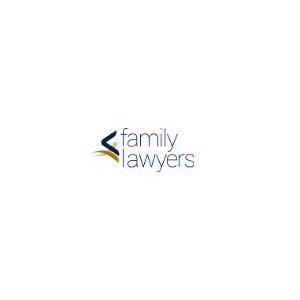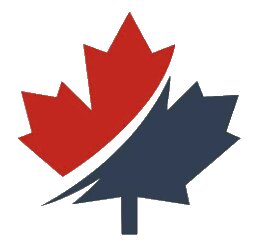Best Elder Abuse Law Lawyers in Vietnam
Share your needs with us, get contacted by law firms.
Free. Takes 2 min.
Or refine your search by selecting a city:
List of the best lawyers in Vietnam
About Elder Abuse Law in Vietnam
Elder abuse in Vietnam encompasses various forms of mistreatment directed towards older adults, which can include physical, emotional, financial, and neglectful actions. The legal framework in Vietnam aims to protect the rights and dignity of the elderly, emphasizing family responsibility and societal support. The Vietnamese legal system has specific provisions to combat elder abuse within the domestic setting and in care facilities, with regulations outlined in the Law on the Elderly and additional stipulations in criminal and civil codes.
Why You May Need a Lawyer
Legal assistance may be necessary in several situations involving elder abuse. These include when you or a loved one is being mistreated or exploited, particularly by caregivers or family members. Circumstances where an elder's financial assets are being misappropriated also warrant legal counsel. Moreover, navigating the complexities of the legal system, including understanding rights and pursuing legal remedies, often requires the expertise of a lawyer specializing in this field.
Local Laws Overview
In Vietnam, the Law on the Elderly, enacted in 2009, serves as a fundamental legal framework ensuring the protection of older adults. This law defines the responsibilities of families, communities, and the government in safeguarding elders' well-being. The Civil Code and the Penal Code include provisions applicable to elder abuse, detailing legal repercussions for those committing abuse or neglect. Additionally, Vietnam's legal system emphasizes the role of familial care, urging families to support elderly members while outlining state obligations in cases where family support is insufficient.
Frequently Asked Questions
What qualifies as elder abuse in Vietnam?
Elder abuse includes physical harm, emotional mistreatment, neglect, and financial exploitation of older adults.
Who can be held accountable for elder abuse?
Both individuals (such as family members or caregivers) and institutions (such as care facilities) can be held accountable.
How can I report elder abuse?
You can report elder abuse to local authorities, the police, or social welfare agencies responsible for elder protection.
What kind of legal penalties exist for elder abuse offenders?
Penalties can range from fines and restitution to imprisonment, depending on the severity of the offense.
Are there protective measures available for victims of elder abuse?
Yes, the law provides protective measures such as restraining orders and relocation assistance.
Can elders receive financial assistance from the government?
Yes, qualified elders may receive social welfare benefits to support their living conditions.
What role does the family play in elder care according to the law?
The law emphasizes family responsibility in providing care and support to elderly family members.
Is there legal aid available for low-income elders facing abuse?
Yes, legal aid services are available for elders who cannot afford private legal representation.
What steps should I take if I suspect elder abuse in a care facility?
Document the incident, report it to facility management, and contact law enforcement if necessary.
Are there awareness programs to educate about elder abuse?
Yes, various governmental and non-governmental organizations conduct awareness campaigns and programs.
Additional Resources
For additional assistance, consider reaching out to organizations such as the Vietnam Association of the Elderly, local departments of labor, invalids and social affairs, or organizations like HelpAge Vietnam. These bodies can provide support, information, and guidance.
Next Steps
If you or a loved one is experiencing elder abuse, it is crucial to seek legal advice promptly. Contact a lawyer specializing in elder abuse cases to discuss your situation. You can also reach out to social services or local authorities for immediate protection and guidance. Additionally, familiarize yourself with available local resources and support networks to ensure comprehensive care and protection.
Lawzana helps you find the best lawyers and law firms in Vietnam through a curated and pre-screened list of qualified legal professionals. Our platform offers rankings and detailed profiles of attorneys and law firms, allowing you to compare based on practice areas, including Elder Abuse Law, experience, and client feedback.
Each profile includes a description of the firm's areas of practice, client reviews, team members and partners, year of establishment, spoken languages, office locations, contact information, social media presence, and any published articles or resources. Most firms on our platform speak English and are experienced in both local and international legal matters.
Get a quote from top-rated law firms in Vietnam — quickly, securely, and without unnecessary hassle.
Disclaimer:
The information provided on this page is for general informational purposes only and does not constitute legal advice. While we strive to ensure the accuracy and relevance of the content, legal information may change over time, and interpretations of the law can vary. You should always consult with a qualified legal professional for advice specific to your situation.
We disclaim all liability for actions taken or not taken based on the content of this page. If you believe any information is incorrect or outdated, please contact us, and we will review and update it where appropriate.
Browse elder abuse law law firms by city in Vietnam
Refine your search by selecting a city.
















